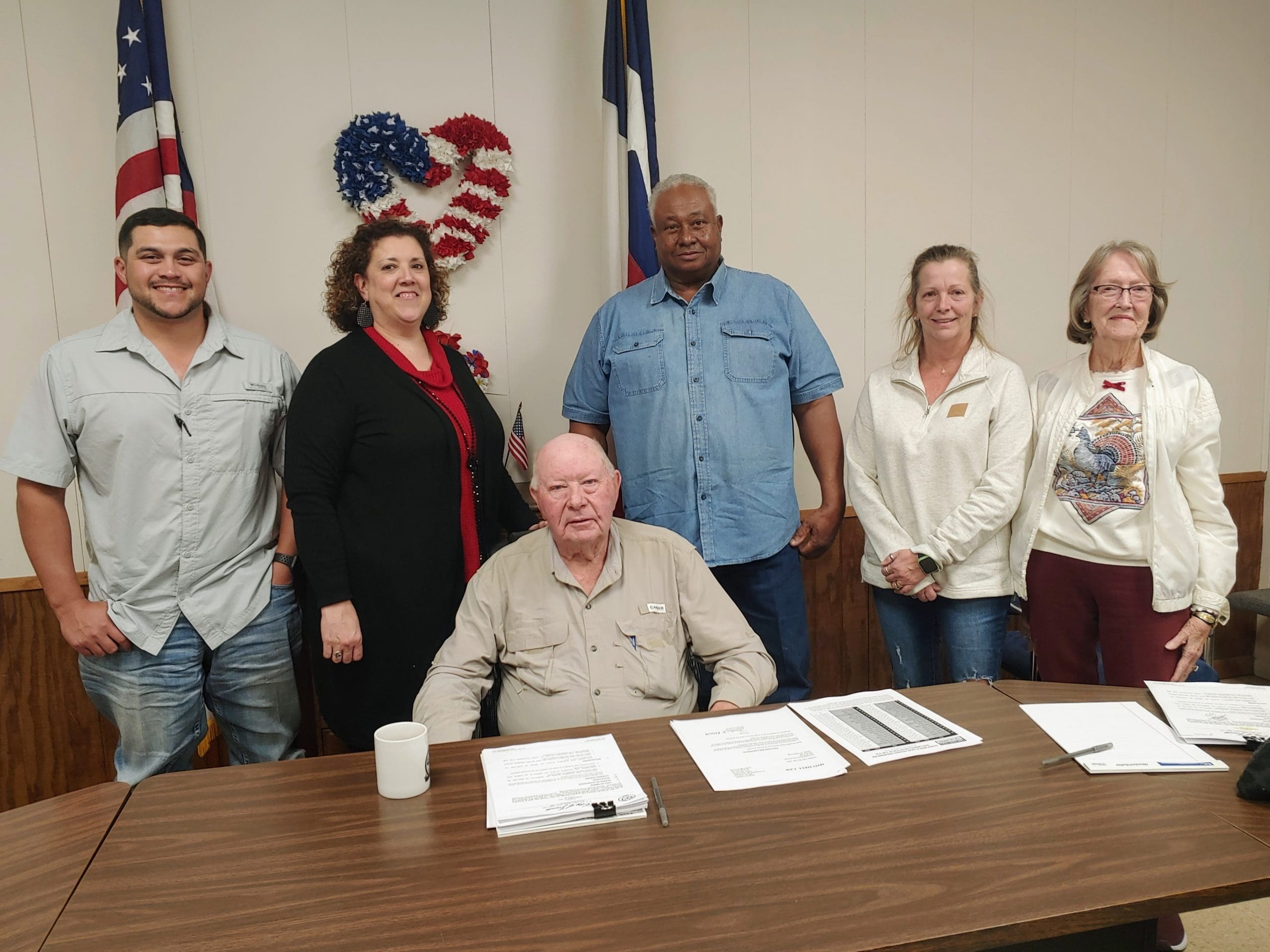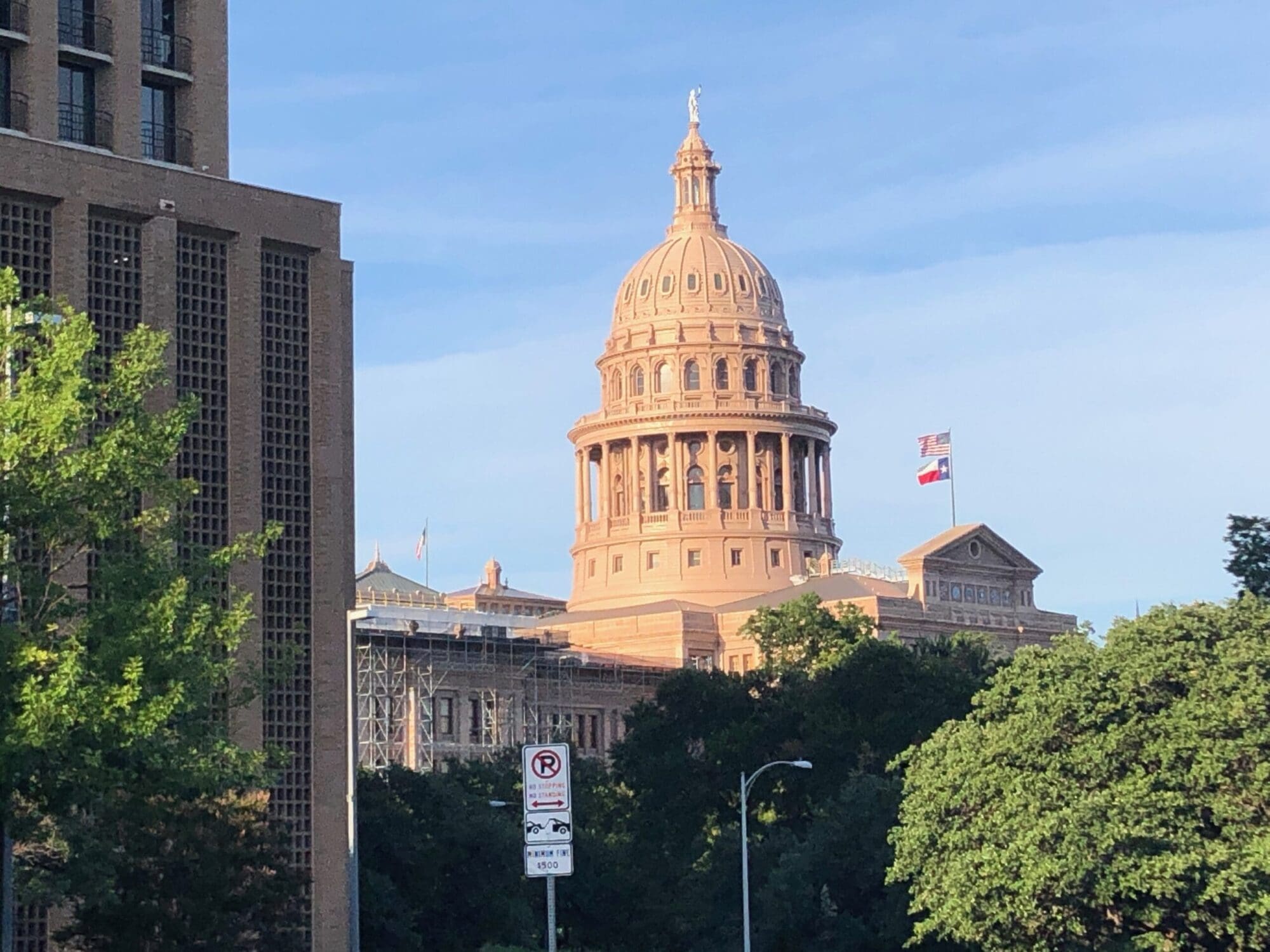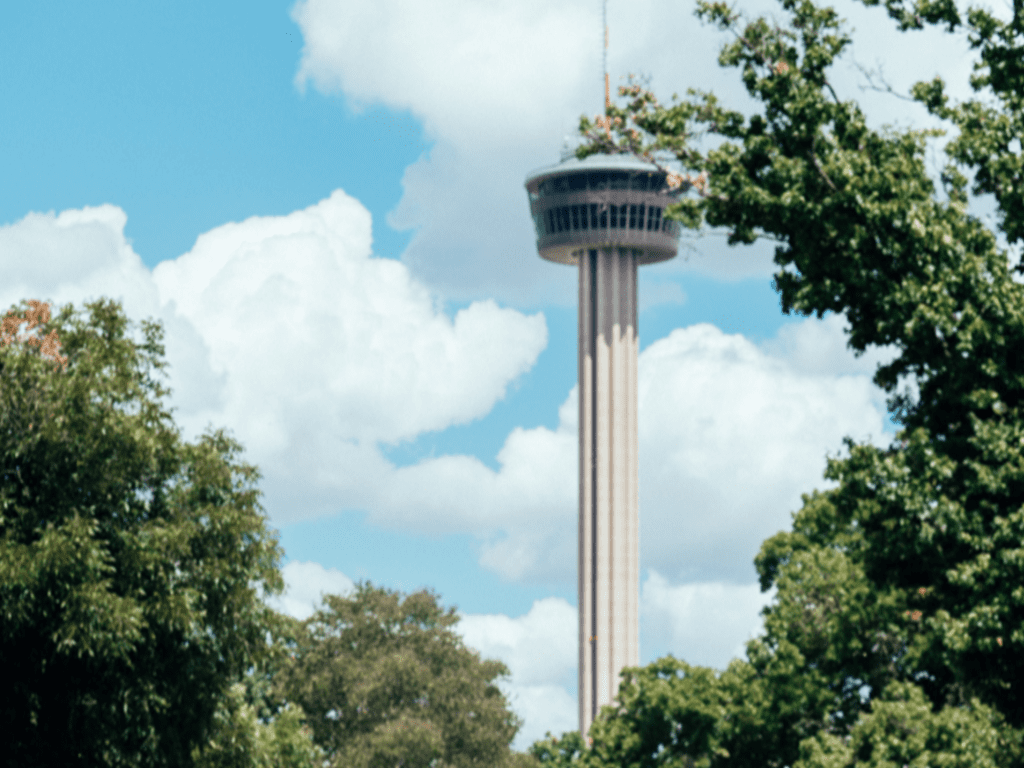The City of Jewett (population 1,250), located about 70 miles southeast of Waco and about 130 miles northwest of Houston, has become the 40th city in Texas to pass an enforceable ordinance outlawing abortion and the third city to do so in Leon County, following Centerville (population 892) and Leona (population 175).
The vote, which took place at Jewett City Hall, was unanimous, with all five council members voting in favor of the ordinance. So far, every city that has voted to outlaw abortion in Leon County voted unanimously.
Leon County is an extremely conservative county. During Leon County’s 2020 presidential election, 86.6 percent voted Republican. During the 2018 Republican Party primary, Leon County voters considered Proposition 7, which read, “I believe abortion should be abolished in Texas,” and 74.47 percent voted in favor of this statement.
Pastor Allen Crosby of First Baptist Church of Jewett was thankful to his city’s leadership for making sure the city was safe from abortion ever becoming a reality in Jewett. Pastor Crosby shared, “I want to thank the Jewett City Council and Mayor John Sitton for unanimously approving a city ordinance making Jewett the 40th city in Texas a Sanctuary City for the Unborn.” Pastor Crosby continued, “I am thrilled about this ordinance because it legally outlaws abortion in our city. … This is an answered prayer as we eradicate this scourge from our nation one city at a time.”
The Jewett ordinance immediately outlaws procuring or performing an abortion within the city limits and immediately outlaws aiding and abetting any abortion which occurs within the city limits. The ordinance states, “It shall be unlawful for any person to procure or perform an abortion of any type and at any stage of pregnancy in the City of Jewett, Texas,” and, “It shall be unlawful for any person to knowingly aid or abet an abortion that occurs in the City of Jewett, Texas.” Abortion is defined by the ordinance as “the act of using or prescribing an instrument, a drug, a medicine, or any other substance, device, or means with the intent to cause the death of an unborn child of a woman known to be pregnant.”
The Jewett ordinance is clear that the act is not an abortion if the act is done with the intent to “save the life or preserve the health of an unborn child”; or “remove a dead, unborn child whose death was caused by accidental miscarriage”; or “remove an ectopic pregnancy.” A very narrow exception exists in the ordinance for cases where the mother’s life is at risk. This is listed as an affirmative defense and falls upon the one performing the abortion to provide that defense if necessary. This is outlined by the ordinance as abortions in cases where the abortion is “in response to a life-threatening physical condition aggravated by, caused by, or arising from a pregnancy that, as certified by a physician, places the woman in danger of death or a serious risk of substantial impairment of a major bodily function unless an abortion is performed.”
In addition to outlawing abortion, the Jewett ordinance immediately outlaws abortion-inducing drugs and declares them to be contraband. The Jewett ordinance states, “It shall be unlawful for any person to possess or distribute abortion-inducing drugs in the City of Jewett, Texas.” The ordinance defines “abortion-inducing drugs” as “mifepristone, misoprostol, and any drug or medication that is used to terminate the life of an unborn child.”
The proposed Jewett ordinance, like the other Sanctuary Cities for the Unborn ordinances, is enforceable through two major enforcement mechanisms: the public enforcement mechanism and the private enforcement mechanism.
The public enforcement mechanism establishes fines against the abortionist and anyone who aids and abets the abortionist for any abortion that takes place within the city limits of Jewett. The ordinance is clear that these fines cannot be imposed unless:
- It is determined by a state or federal court that the individual seeking to impose the penalty upon the one who committed the unlawful act will not create an “undue burden” on women seeking abortions;
- A state or federal court determines the person, corporation, or entity who committed the unlawful act of abortion lacks standing to assert the third-party rights of women seeking abortions in court;
- Or the Supreme Court overrules Roe v. Wade and Planned Parenthood v. Casey.
The enforceability of this one section is not immediate, but dependent upon other factors. Unlike the public enforcement mechanism, the private enforcement mechanism is immediately enforceable.
Regarding the private enforcement mechanism, the Jewett ordinance states, “Any person … may bring a civil enforcement suit against a person or entity that commits or intends to commit an unlawful act.” This section is immediately enforceable and allows for anyone, including any relative of the unborn child, to sue the abortionist or anyone who aids and abets the abortionist for the death of the unborn child.
Other cities in Leon County that could consider outlawing abortion in the near future include Buffalo (pop. 1,984), Normangee (pop. 778), Oakwood (pop. 510), and Marquez (pop. 313). The Sanctuary Cities for the Unborn Initiative encourages all who wish to see abortion outlawed within their city limits to sign the online petition.
This is a commentary published with the author’s permission. If you wish to submit a commentary to Texas Scorecard, please submit your article to submission@texasscorecard.com.




